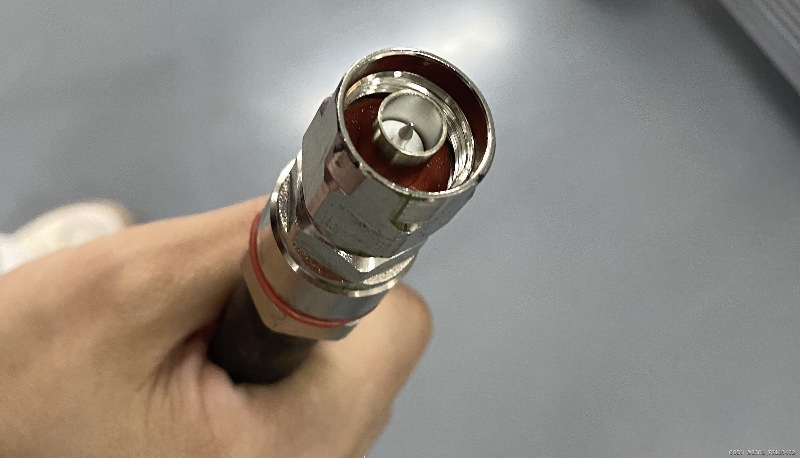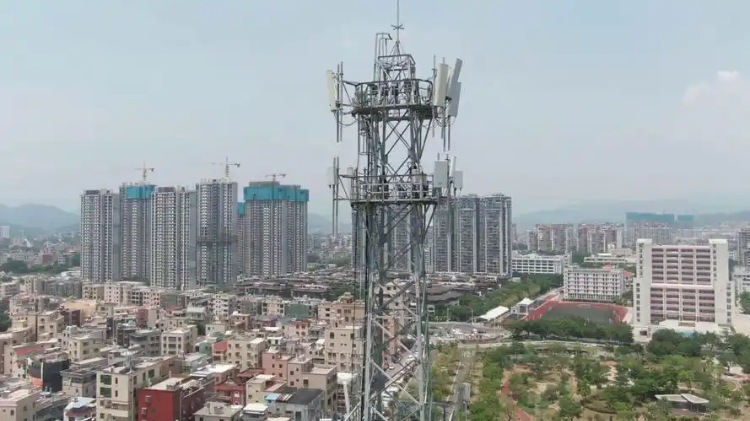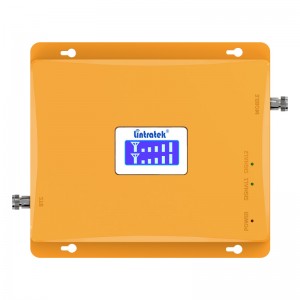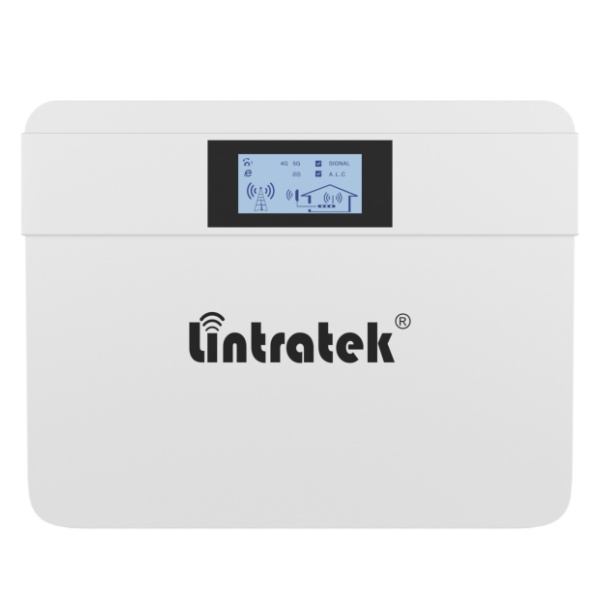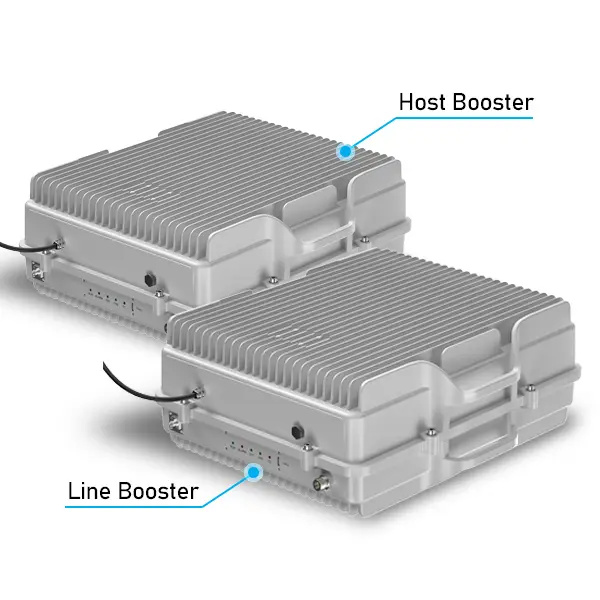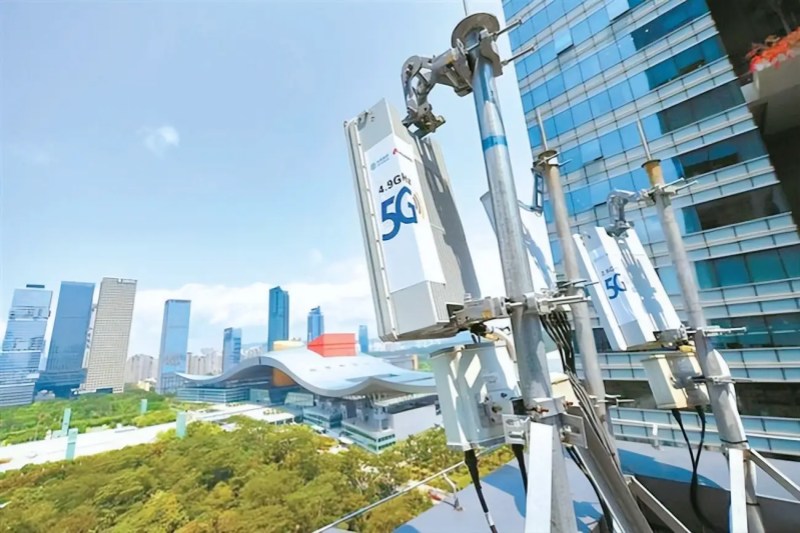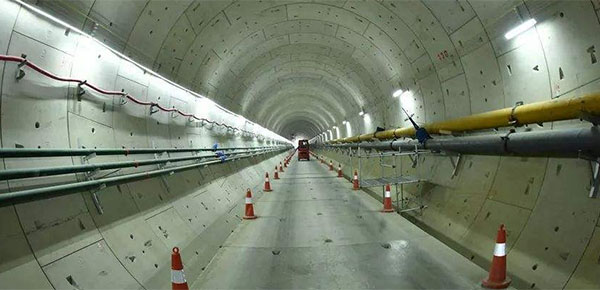Lintratek, a manufacturer with 13 years of experience in producing mobile signal boosters and fiber optic repeaters, has encountered various challenges faced by users during this time. Below are some common issues and solutions we’ve gathered, which we hope will help readers who are dealing with similar problems.
1.Check the Feeder Cable Connectors
When purchasing feeder cables independently, users should carefully inspect or spot-check the connectors to ensure they are functioning properly. Pay attention to the swivel mechanism of the connectors and ensure the internal pins are sufficiently long, not short.
2.Evaluate Outdoor Cellular Signal Strength
Before purchasing a commercial mobile signal booster, users should assess the strength of the outdoor signal at the installation site. This is important to determine whether the signal is strong enough to cause the equipment to exceed its rated power. If the signal near the outdoor antenna is very strong (e.g., directly visible base station signals), it’s essential to contact the mobile signal booster manufacturer to configure an appropriate attenuator. Otherwise, the signal booster may operate in a saturated or nonlinear state, which will negatively impact signal quality (SINR) and customer experience during calls and internet use.
3.Choose the Right Equipment Based on Budget and Coverage Needs
If the goal is only basic coverage and there are budget constraints (e.g., no need for 5G or multi-band support), users should carefully assess the signal frequency of adjacent areas during testing or site surveys by engineers. This will allow for a more economical selection of equipment that meets the customer’s needs, ensuring both convenience for the customer and efficiency in terms of cost.
KW20L Dual Band Mobile Signal Booster
4.Check Specific Frequency Bands When Choosing a 5G Mobile Signal Booster
When selecting a mobile signal booster for 5G coverage, especially in the case of 2.6G/3.5G/4.9G (n41, n78, n79) frequencies, it’s crucial to verify the specific frequency range used for these bands. Operators may use uplink decoupling technology for high-frequency 5G signals, where uplink transmission occurs in lower frequencies like 1.8G or 2.1G (B3, B1). This is a technique to overcome limitations in mobile phone uplink power.
5.Consider Fiber Optic Repeaters for Large Coverage Areas
For scenarios where multiple commercial mobile signal boosters are needed to cover a large area, if the price difference is not significant, it is advisable to choose a fiber optic repeater. This solution will provide more stable signal quality (SINR) throughout the coverage area.
6.Why Some Pure 5G Coverage Areas Only Support Internet but Not Calls
In SA (Standalone) mode, 5G networks operate independently of 4G, so if the mobile phone does not support VoNR, and the operator’s 5G network has not implemented fallback mechanisms for VoLTE or earlier voice technologies, users may only be able to use the internet in pure 5G coverage areas. For voice calls to work, LTE and NR signals must both be available, with 5G voice services being backed up by LTE signals. If the phone doesn’t support VoNR or VoLTE, and there is no fallback mechanism in place, the user can only access mobile data, not make calls.
7.Use a Single Signal Source for Long-Tunnel Coverage
When covering long tunnels for vehicles, it’s recommended to use a single mobile signal source. This prevents mobile phones from losing signal due to failed handovers when traveling at high speeds. If multiple signal sources are used, sufficient overlapping coverage is necessary within the tunnel.
Post time: Dec-26-2024








